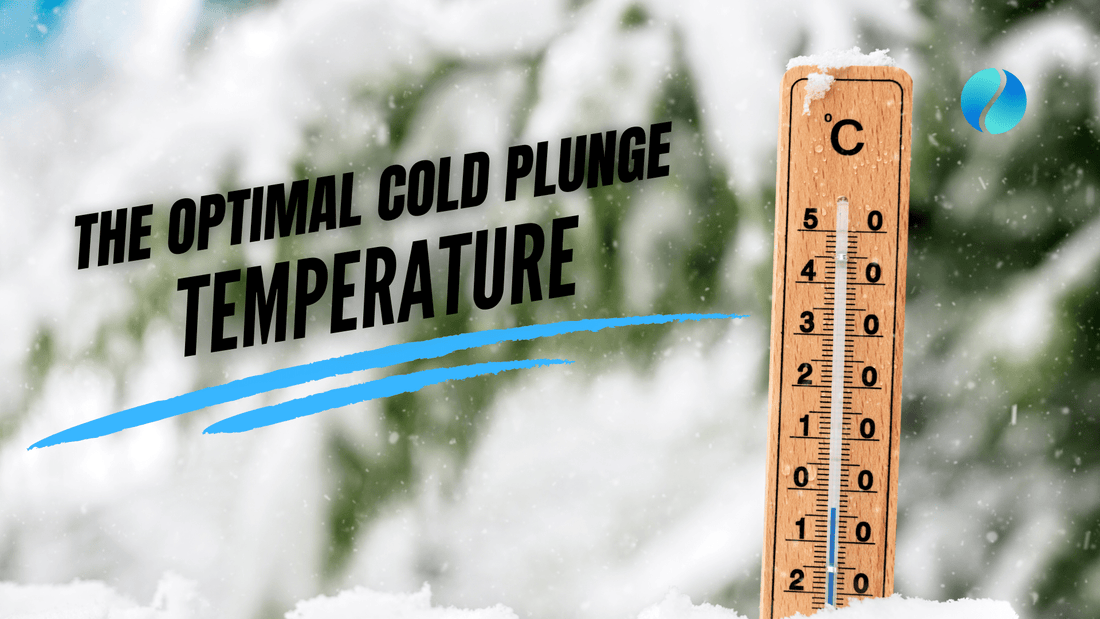Studies suggest 50-60°F (10-15°C) as the ideal range for most individuals, triggering the physiological effects of cold water therapy. At this temperature, your body activates its fight-or-flight response, boosting circulation, reducing inflammation, and releasing a chorus of mood-enhancing endorphins.
The Levels to Cold Plunging
Beginner's Plunge:
Start at 60°F (15°C) and work your way down. Even a minute at this temperature can be invigorating!Intermediate Plunge:
Explore temperatures between 40-50°F (4-10°C) as your body adapts.
Advanced Plunge:
Experienced cold plungers seek depths of chill beyond the standard 50-60°F range. But before you dive in, read these tips:Aim for 40-45°F (4-7°C). At this point, the physiological response intensifies, sending your endorphins skyrocketing and boosting mental clarity. Remember, it's a significant drop, so listen to your body and acclimate gradually.
More Tips to Keep in Mind
Time is of the essence:
Keep it short and sweet. 2-3 minutes at this temperature is plenty to reap the benefits without risking cold stress.
Warm-up, cool down:
Never plunge directly into icy water. Warm up your body with light exercise first. After the plunge, ease back to room temperature with a warm shower or gentle movement.
Listen to your body:
Pay close attention to any signs of discomfort like dizziness, rapid breathing, or numbness. These are red flags to retreat – your body's way of saying "chill out!"
Respect the power of cold:
Advanced temperatures demand respect. Always have someone present for safety and monitor your skin for signs of ice burn.
Bonus tip:
Experiment with cold showers or ice packs to gradually train your body for deeper plunges.
Remember, there's no one-size-fits-all plunge. Listen to your body, experiment, and find the temperature that unlocks your symphony of well-being.
Therafrost ensures you can explore the world of cold plunges at your own pace, starting at a comfortable temperature and gradually venturing into cooler waters as you acclimate.

